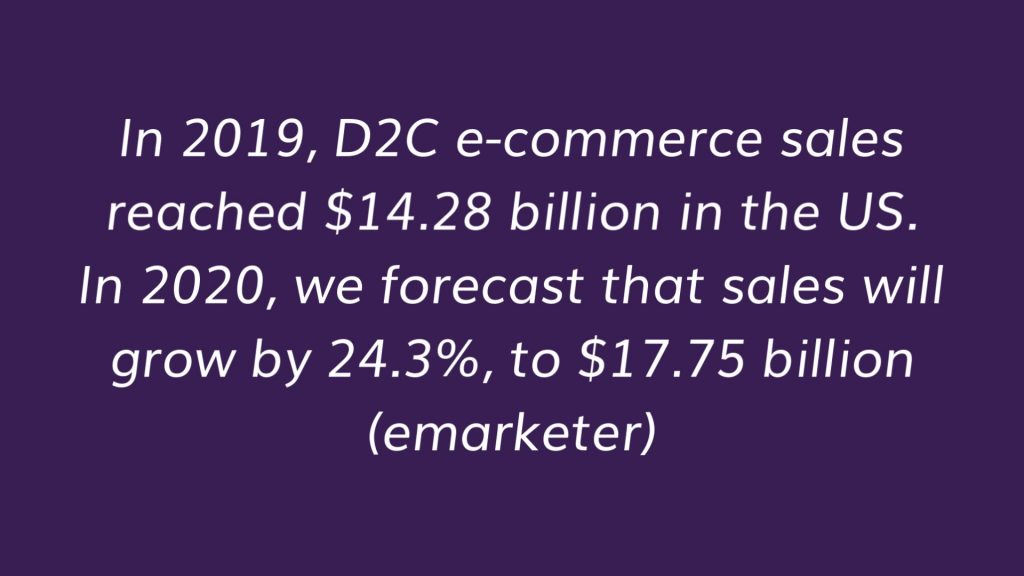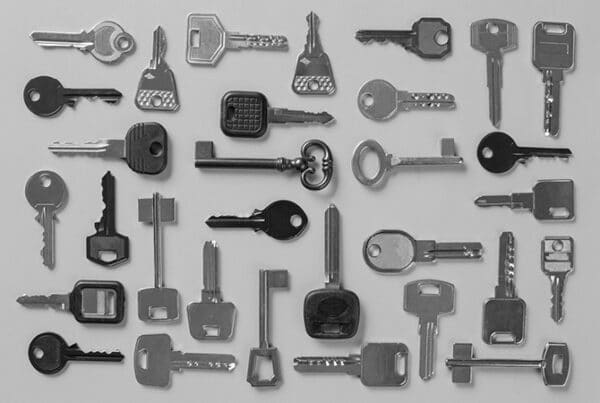The huge change in consumer shopping habits over the COVID-19 pandemic unquestionably altered Direct to Consumer (DTC) investment strategies for many of the world’s consumer brands. For these long-standing FMCG companies, where loyalty, trust and advocacy have been built up over many years, the future is looking bright. These heritage brands can leverage years of goodwill and provide security to their loyal audience in this new era.
“In 2024, CPG is projected to spend $48.79 billion on digital advertising, placing it as the second-highest spender behind the retail industry at $88.13 billion” (Insider Intelligence).
The sudden shift in customer experience and consumer behavior as a result of the pandemic, from a dominant in-person operating model to a greater utilization of online marketplaces, sharply reduced supermarket visits – in May 2020 alone, customers made 100 million fewer trips to the supermarket in the UK. As a result, web enabled purchases for retail stores rose sharply, as online marketplaces provide speed, simplicity, and safety.

In the post-pandemic world, everything from consumer behavior to live streamed e-commerce now shape how FMCG brands connect with customers. With a new foundation of ecommerce/digital retail platforms and hybrid shopping models, the changes brought about by COVID-19 are here to stay. Mixing these with traditional shopping habits, the opportunity for food and drink manufacturers, in particular, to maximize opportunities in the DTC channel remains significant.
How FMCG Direct to Consumer Companies Have Developed Their Consumer Relationships
There are a variety of tactics currently being deployed by both large and small businesses to realize their DTC ambitions and provide their customers with choice. Here are 4 points that we believe are transforming FMCG brands and their evolving relationship with the consumer:
1. Significant investment in e-commerce technology, as the purchase of online groceries becomes a long-term alternative to in-store shopping. Fast moving consumer goods brands, such as Unilever and Heinz, are reaching out directly to their customer base and are encouraging consumers to shop directly; utilizing brand trust and tailoring the entire consumer experience to sell directly through an online marketplace. As a result, Heinz built and launched their first ever DTC shop, “Heinz to Home”, in less than a month.
2. A greater focus on digital marketing spend will enable greater visibility, awareness and ultimately traffic for the many DTC e-commerce platforms being developed. FMCG companies must now develop their brand identity and marketing strategy around an online-heavy operating model.
3. This digital marketing boost goes hand in hand with access to rich consumer data. DTC e-commerce websites provide brands with direct access to consumer data. A world once protected by retail POS systems and often inaccessible, has since been made available. FMCG brands can now better understand buying habits, using first party data to develop a direct relationship with their customers. This focus on customer feedback, consumer preferences, and customer experience enables DTC brands to build brand loyalty and increase their market share.
4. Direct engagement with consumers has never been higher, thanks to doorstep delivery. This completes the supply chain and provides consumers with a complete end-to-end buying experience, all managed by FMCG businesses themselves. An example of this is PepsiCo’s launch of PantryShop.com and Snacks.com, enabling their customers to purchase directly and provide doorstep delivery. This proposition is reinforced on the Pantry Shop website: “Your favorites all in one place, delivered right to your door”.
The Best Business Models for FMCG Brands
FMCG companies have never had a better opportunity to increase customer loyalty, thanks to developments in e-commerce technology and uptake. Ensuring customer experiences are conducted through their own channels, or partnered channels, FMCG brands of any size have been able to utilize and extend the shifts caused by COVID-19.
If you’d like to know how We Are Amnet have helped FMCG companies and brands with their Direct to Consumer initiatives, or want to discuss a new project, please contact us at hello@weareamnet.com.






